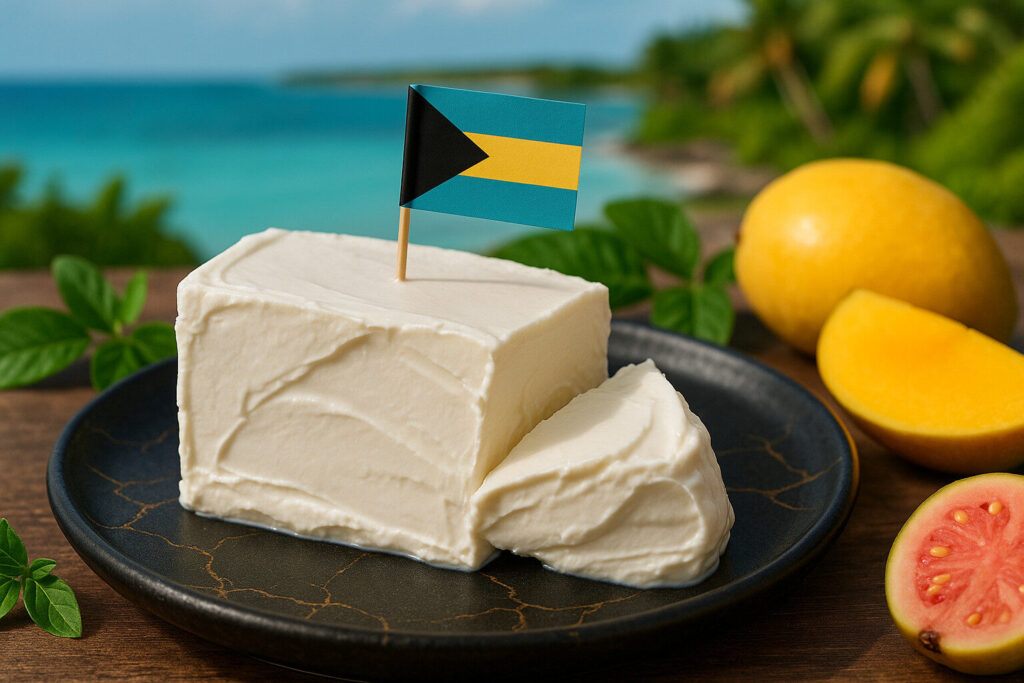Mesophilic Starter
Definition and Scope
Mesophilic starter cultures are bacterial strains that thrive at moderate temperatures between 20°C and 40°C. These cultures initiate lactic acid fermentation in milk, lowering pH and developing flavor. They are essential for producing cheeses like Cheddar, Gouda, and many soft-ripened varieties.
Common mesophilic bacteria include Lactococcus lactis subsp. cremoris and Lactococcus lactis subsp. lactis. These organisms are sensitive to higher temperatures, which distinguishes them from thermophilic starters. Their activity defines texture and acidity in numerous traditional cheese styles.
Production Process
Manufacturers propagate mesophilic starters under controlled laboratory conditions to ensure purity and activity. These cultures are then added to pasteurized milk at inoculation rates typically between 0.5% and 2%. Temperature is carefully maintained within the mesophilic range throughout the initial fermentation stage.
The ripening period lasts several hours as bacteria multiply and convert lactose to lactic acid. This acidification causes casein proteins to coagulate, forming the cheese curd. Proper timing and temperature control are critical for achieving desired moisture content and pH levels.
Sensory Profile
Mesophilic starters produce cheeses with mild, buttery, and slightly acidic flavor notes. They generate diacetyl compounds that contribute distinctive creamy aromas. The resulting cheeses typically exhibit clean, balanced flavors without extreme sharpness.
Texture development varies from semi-soft to hard depending on moisture content and aging. These cultures generally produce smoother, more pliable cheese bodies compared to thermophilic varieties. Flavor complexity increases with extended aging periods.
Cheesemaking Applications
Mesophilic cultures serve as primary acidifiers for most European-origin cheeses. They are indispensable in washed-rind and bloomy-rind cheese production. Many farmhouse and artisan cheeses rely exclusively on mesophilic starters for their characteristic profiles.
These cultures work effectively with both animal and plant-based milks. Cheesemakers often combine mesophilic starters with adjunct cultures for flavor complexity. Their moderate temperature requirements make them suitable for small-scale production environments.
Regional Examples
Traditional English territorial cheeses like Cheshire and Double Gloucester use mesophilic starters. Dutch cheeses including Edam and Leyden depend on these bacterial cultures. French Norman varieties like Camembert and Pont-l’Évêque also employ mesophilic fermentation.
North American artisanal cheesemakers frequently use mesophilic cultures for Cheddar-style cheeses. These starters form the foundation of many protected designation of origin European cheeses. Their widespread use demonstrates their versatility across cheese-making traditions.


